An essential role in longevity
In Chinese medicine, the kidneys have an essential place. Indeed, these two precious organs manage and generate our vital energies.
In traditional Chinese medicine (TCM), the function of the kidneys is referred to as Yáng energy. The organ itself is referred to as yin. The Kidneys as a system are the major source of the overall vital energy (yin and Yáng) of the whole body. When the energy of the kidneys is totally depleted, death occurs.
The kidneys store the essence responsible for the development of the embryo, birth, growth and fertility. The quality of this essence will impact the fundamental energy balance of the individual. The Kidneys are therefore our foundation.
In TCM, the essence of the Kidneys is called the Jing. The term “Jing” refers to an ethereal, purified substance, an essence. The term refers to extraction, but also to the perfect, the excellent, the subtle. Jing is the quintessence of vital energy (Qi). The Jing associated with the original Qi plays a catalytic role in the formation of blood and marrow. This quintessence is a vital force received before birth and concentrated, preserved and stored in the kidneys.
Jing comes from two sources:
- The prenatal essence, which is the Jing inherited from the parents (innate Jing)
- The postnatal essence, which is the Jing drawn from food and air (acquired Jing).
The innate Jing, which comes from the sexual essences of the father and mother, is present from the moment of fertilisation. It conditions the child’s vitality, development, health and immunity.
Mìng mén: the gate of life, or gate of destiny
Acquired Jing comes from the subtle essences extracted from food by the spleen and stomach, and from the air by the lungs. When the postnatal Jing is abundant, it is stored in the Kidneys and maintains and nourishes the prenatal Jing.
The essence of the Kidneys conditions the whole of a person’s life: from growth in childhood to maturity in adulthood, but also later on, when illnesses may occur, and until death. More generally, it can be said that vitality and longevity depend on the quality of this essence.
Mìng mén or “Gate of Life” is also called the gate of destiny (命门). Mìng mén is a place materialized by an acupuncture point located at the 3rd and 4th lumbar vertebrae. This is where the innate Jing, the foundation of Life, is stored. It is the root of the original Qi (Yuan Qi) and the source of the fire minister xiāng huǒ ( 相火). To put it simply, we will say that the ministerial fire belongs to the San Jiao or three foci (lower, middle and upper), and in particular to the lower focus. This is the seat of the ministering fire which acts on the maintenance of the viscera’s functionality. It warms the lower focus, maintains the sexual functions, helps the kidneys in their function of controlling the reception of Qi.
Mìng mén is also considered the Palace of Water and Fire. These two notions are assimilated to the Yin and Yáng aspects of the Kidneys. If the Fire of the Gate of Life is insufficient, the Original Qi cannot flourish, resulting in a general vacuum of Qi and Blood.
The kidneys govern the waterway

The Mìng mén is where the sperm and egg reserves reside, referring to the genital, sexual, and reproductive functions of the kidneys. Here we find the concept of a gate, as the fertile essence exits the man to enter the woman.
In TCM, the kidneys govern the waterway. They regulate urination and supply energy (Qi) to the bladder so that it can excrete urine.
The kidneys, through their function of governing the waterway, regulate the separation of pure and turbid in the small intestine, large intestine, and bladder. The kidneys support these three organs in their filtering role. This is why excessive medications such as antibiotics ultimately damage and weaken the essence stored by the kidneys.
By warming fluids, the Yang of the kidneys circulates them and helps prevent edema, which is a buildup of water. In addition to their role as regulator and filter, the kidneys control the heart, since water controls fire in the theory of the 5 elements.
Repeated physical exertion, overwork, old age, sexual excess in men, and closely spaced pregnancies in women weaken the kidneys. Added to this may be other imbalances such as blood or energy stagnation, as well as exposure to external pathogens: humidity, cold, and heat. It is necessary to establish an energy balance based on each person’s symptoms.
Pain may appear in the lumbosacral area, sometimes radiating to the lower limbs (knees). In TCM, the lower back is the roof of the kidneys; thus, kidney deficiency is the root of all lower back pain.
Sexual Dysfunction and Kidney Energy
The kidneys control the sphincters, controlling their opening and closing.
If kidney energy is weak, retention is difficult. It is said that kidney energy is not strong. This can lead to symptoms of urinary or fecal incontinence, frequent and nocturnal urination, and dribbling after urination.
Urinary incontinence results in uncontrollable and involuntary loss of urine, which occurs day or night. Urinary incontinence is more common with age. But it can have other causes, such as a weakened perineum, prostate problems, or chronic health issues.
Today, sexual dysfunction and desire disorders are common. They affect everyone and occur at any age. These can be explained in particular by an inadequate lifestyle (constant stress, frustration, emotional disturbances, and/or an unhealthy diet).
The main forms of male sexual dysfunction are:
- Erectile dysfunction
- Lower sexual desire
- Premature ejaculation
-
However, here again, certain health problems such as diabetes, high blood pressure, depression, and certain medications can cause sexual dysfunction.
As a reminder, Kidney Yang’s function is to warm the essence. It therefore promotes sexual function. It is Kidney Yang that provides the energy for erection and is partly responsible for desire. Cases of general or sexual overwork lead to a deficiency of essence, which in turn leads to a deficiency of Kidney Yang.
Sexual function is also linked to the Heart. When Kidney Yin is deficient, the Heart is not refreshed by the Yin, and the Heart Fire no longer descends. This can also cause sexual dysfunction.
Taking care of kidney energy

In Traditional Chinese Medicine (TCM), the kidneys are associated with winter. It is therefore particularly important to support kidney energy in winter. Moreover, as we have seen, the kidneys are the reservoir of our vital energy, our internal battery.
It is therefore important to take the greatest care of them. Winter is a season when it is important to take care of yourself, including resting and sleeping more than during the rest of the year.
It is advisable to eat and drink warmer foods, particularly in countries where winters are cold, and to protect your lower back from the cold.
This being the most yin season, it encourages you to stay indoors and engage in calmer, more internal activities.
The main foods that will tone kidney Qi are oilseeds (especially walnuts), red beans and azuki beans, and black sesame (which can be sprinkled on all dishes or incorporated into desserts as a paste).
You can also consume cinnamon, which has a very warming effect. Ginger is also beneficial, as it warms and aids digestion.
In TCM, the kidneys are associated with the emotion of fear. Therefore, to take deep care of your kidneys, it’s important to distance yourself from this feeling of fear. For this, activities requiring strong self-control, such as rock climbing, martial arts, etc., are highly recommended. They all have the ability to build self-confidence. Thus, you gradually learn to distance yourself from your emotions.

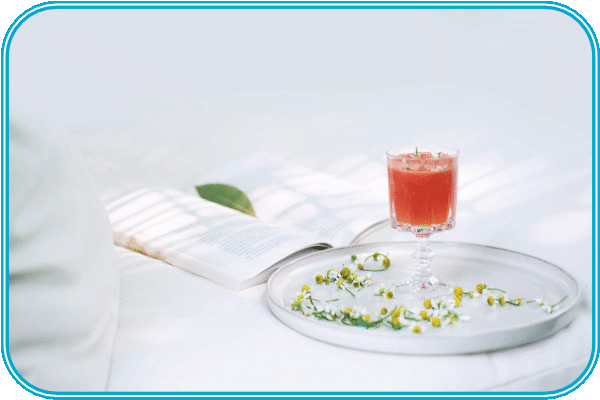
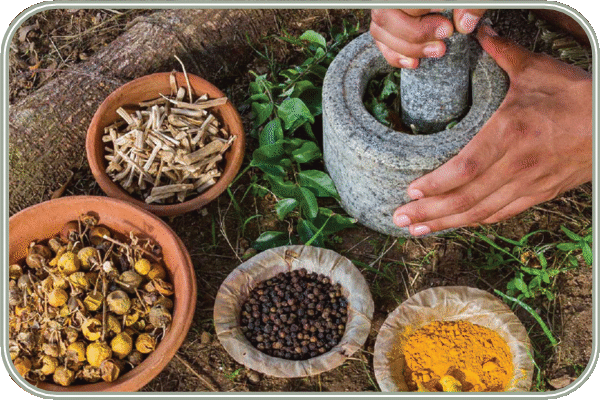

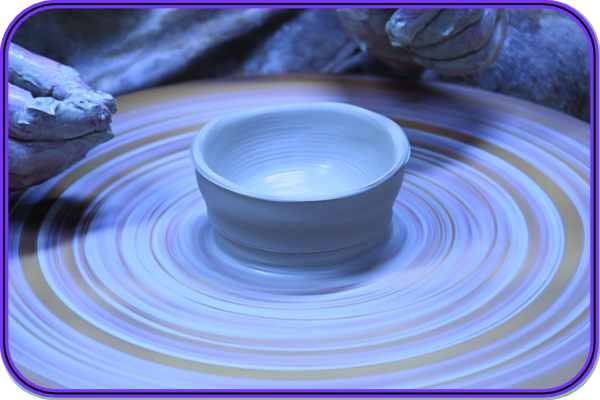
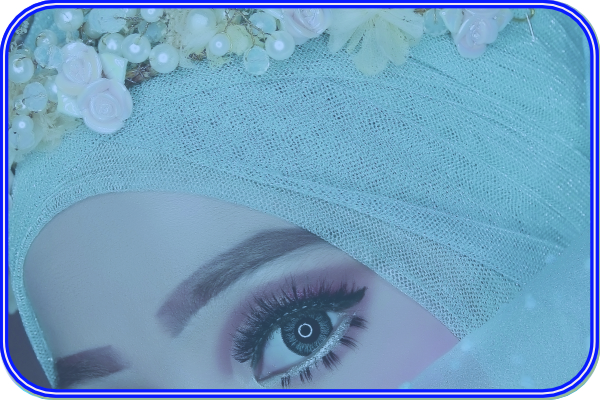
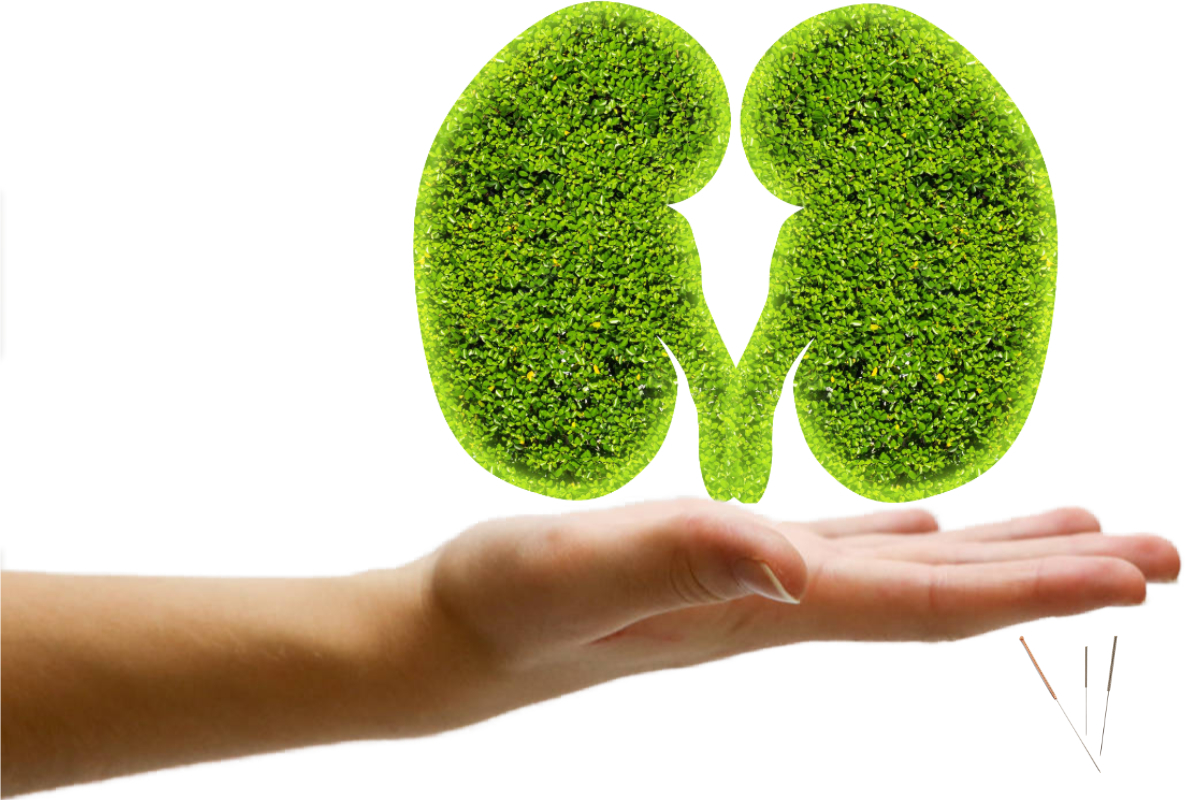
0 Comments